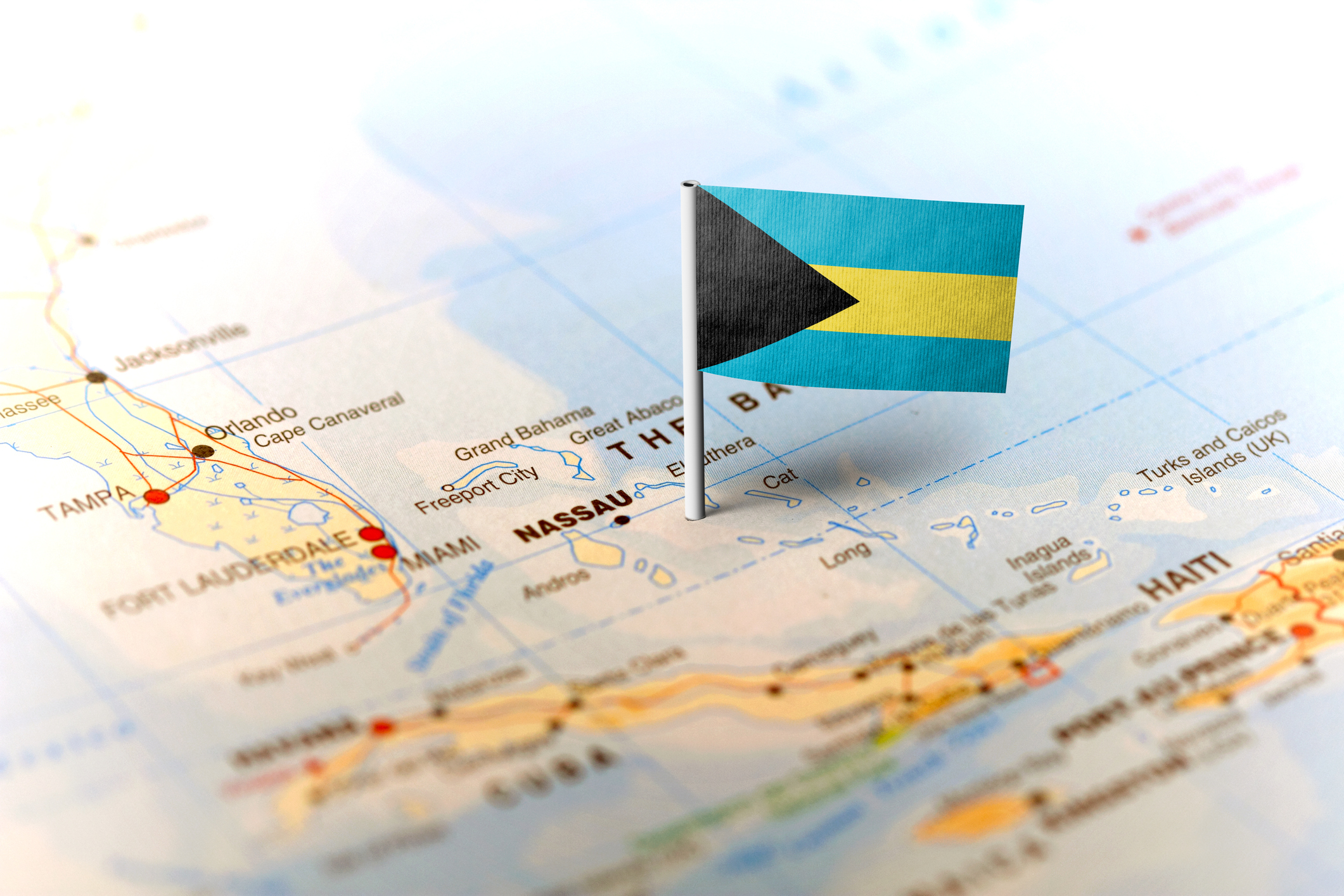According to an EU document seen by newswire Reuters, the decision to add the three jurisdictions is set to be endorsed by EU finance ministers at a monthly meeting on 13 March.
The additions follow strong criticism of the list, that highlighted that no British Overseas Territory (Bot) or EU country was included.
While the Bahamas and St Kitts and Nevis are not Bots, the are members of the Commonwealth and have Queen Elizabeth II as their head of state.
The inclusion of the US Virgin Islands will likely add fuel to the fire, after US treasury secretary Steve Mnuchin wrote a strongly worded letter to the EU criticising the inclusion of US Samoa and Guam.
It is understood that the ministers will also remove Bahrain, the Marshall Islands and Saint Lucia from the list in the same meeting.
Once the changes are made, the blacklist will remain at nine jurisdictions, being Bahamas, US Virgin Islands, Saint Kitts and Nevis, American Samoa, Guam, Namibia, Palau, Samoa and Trinidad and Tobago.
The original blacklist, released in December last year, contained 17 jurisdictions, but eight were removed after one month.
For a jurisdiction to be taken off the blacklist, they must meet “specific commitments” to bring their tax practices in line with EU standards. These commitments have drawn criticism from members of the EU Parliament (Meps) as they are not made public.
Grey list
In addition to the blacklist changes, it is believed the EU ministers will add Anguilla, The British Virgin Islands, Dominica and Antigua and Barbuda to the so-called EU “grey list”.
These jurisdictions will join more than 50 others already on the list, which do not meet the EU’s anti-tax avoidance standards but have committed to change their practices.








